Hauschka - Gunpowder (Original Television Soundtrack) (2017)
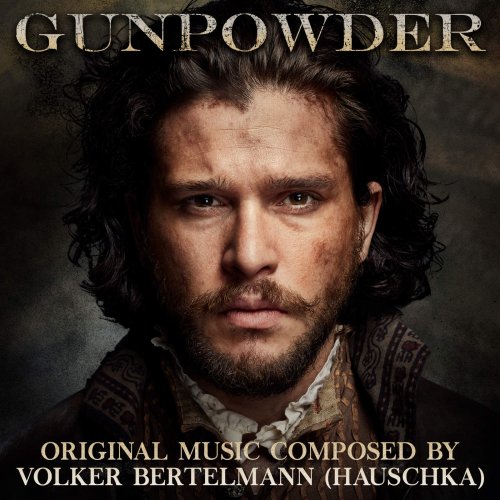
Artist: Hauschka
Title: Gunpowder (Original Television Soundtrack)
Year Of Release: 2017
Label: Sony Masterworks
Genre: Soundtrack
Quality: 320 Kbps
Total Time: 44:47 min
Total Size: 107 MB
WebSite: Album Preview
Tracklist:Title: Gunpowder (Original Television Soundtrack)
Year Of Release: 2017
Label: Sony Masterworks
Genre: Soundtrack
Quality: 320 Kbps
Total Time: 44:47 min
Total Size: 107 MB
WebSite: Album Preview
01. Opening Theme (1:40)
02. Execution – Torture – Hanging (4:27)
03. Retrieving Corpses (3:08)
04. Back Alley – Fawkes (2:36)
05. Why Have You Brought Us Here (2:29)
06. Forgive Me (3:00)
07. Escape – Chase – Tunnel (4:42)
08. If This Be a Game (2:27)
09. Men of Honor and Piety (1:41)
10. Guy Fawkes Arrested (2:16)
11. A Steadfast Heart (1:14)
12. The Storm is Upon Us – Guy Torture (3:07)
13. Barrage – They Are Here (3:12)
14. Gunned Down (3:10)
15. Execution (2:17)
16. Epilogue (1:58)
17. Closing Theme (0:32)
Hauschka (Volker Bertelmann) is an independent experimental musician based in Düsseldorf, Germany internationally recognized as a 21st century exponent of prepared piano technique, a tradition dating back to late 19th and early 20th century French composer Erik Satie. The piano is prepared when "preparations" (consisting of nearly any conceivably applicable object or material) are inserted between the strings or onto the hammers of the instrument; a wider application of the term takes in all manner of additional modifications that expand the sonic and operative possibilities of the piano. Hauschka has successfully combined the chamber music aspect of prepared piano (see composers Henry Cowell, John Cage, Christian Wolff, Max Richter, Maurice Delage, and Arvo Pärt) with pop, rock, and electronic sensibilities.
Hauschka's music might be said to reference (inadvertently perhaps) all of these aspects of the prepared piano equation, and he could even be regarded as a conceptual cousin of Denman Maroney, Erik Griswold, Sylvain Chaveau, and Anthony Pateras. His playfully repetitive constructs, which certainly reflect the influence of Satie, are also at times reminiscent of early keyboard works by Philip Glass or something from out of the minds of Terry Riley and Steve Reich. His best work suggests the achievements of Frank Pahl, Pascal Comelade, Yann Tiersen, and Henry Brant as well as the self-perpetuating modalities associated with gamelan. Hauschka, who with Luke Sutherland and Stefan Schneider is a member of Music A.M., has collaborated with Torsten Mauss to actuate the club/electronic duo Tonetraeger. Bertelmann often releases more than one Hauschka album a year, such as 2005's Substantial and Hauschka: The Prepared Piano and 2007's Versions of the Prepared Piano and Room to Expand. With 2008's Ferndorf, an homage to his hometown that featured a string duo, Bertelmann reached a new level of prominence; the Snowflakes and Carwrecks EP followed in 2009. Around that time, he also began to find regular work scoring independent films in Germany. Hauschka collaborated with San Francisco's Magik Magik Orchestra on 2010's full-length Foreign Landscapes, while 2011's Salon des Amateurs featured members of Calexico and Múm. Bertelmann returned the following year with Silfra, a collaboration with violinist Hilary Hahn that was inspired by Iceland's Silfra rift. That year, he also composed the score for Doris Dörrie's film Glück. For his 2014 solo album Abandoned City, Hauschka used some of the world's most famous ghost towns as a metaphor for the "sense of hope and sadness" he feels when composing music.
2015 saw the release of A NDO C Y, a collection of Abandoned City outtakes and remixes, as well as the live album 2.11.14. Bertelmann then focused on scoring work, providing music for dance performances such as Swan of Tuonela, which found him collaborating with Finnish circus performer Ville Walo. His film music included scores for 2015's The Boy and 2016's In Dubious Battle and Lion, a collaboration with Dustin O'Halloran that earned Golden Globe and Academy Award nominations. The eighth Hauschka album, What If, arrived in 2017. Inspired by Bertelmann's speculation on what life could be like in the future, it featured a Roland Jupiter synth, an Eventide H3000 Harmonizer and player piano alongside prepared piano for a sci-fi influenced sound. ~ arwulf arwulf.
Hauschka's music might be said to reference (inadvertently perhaps) all of these aspects of the prepared piano equation, and he could even be regarded as a conceptual cousin of Denman Maroney, Erik Griswold, Sylvain Chaveau, and Anthony Pateras. His playfully repetitive constructs, which certainly reflect the influence of Satie, are also at times reminiscent of early keyboard works by Philip Glass or something from out of the minds of Terry Riley and Steve Reich. His best work suggests the achievements of Frank Pahl, Pascal Comelade, Yann Tiersen, and Henry Brant as well as the self-perpetuating modalities associated with gamelan. Hauschka, who with Luke Sutherland and Stefan Schneider is a member of Music A.M., has collaborated with Torsten Mauss to actuate the club/electronic duo Tonetraeger. Bertelmann often releases more than one Hauschka album a year, such as 2005's Substantial and Hauschka: The Prepared Piano and 2007's Versions of the Prepared Piano and Room to Expand. With 2008's Ferndorf, an homage to his hometown that featured a string duo, Bertelmann reached a new level of prominence; the Snowflakes and Carwrecks EP followed in 2009. Around that time, he also began to find regular work scoring independent films in Germany. Hauschka collaborated with San Francisco's Magik Magik Orchestra on 2010's full-length Foreign Landscapes, while 2011's Salon des Amateurs featured members of Calexico and Múm. Bertelmann returned the following year with Silfra, a collaboration with violinist Hilary Hahn that was inspired by Iceland's Silfra rift. That year, he also composed the score for Doris Dörrie's film Glück. For his 2014 solo album Abandoned City, Hauschka used some of the world's most famous ghost towns as a metaphor for the "sense of hope and sadness" he feels when composing music.
2015 saw the release of A NDO C Y, a collection of Abandoned City outtakes and remixes, as well as the live album 2.11.14. Bertelmann then focused on scoring work, providing music for dance performances such as Swan of Tuonela, which found him collaborating with Finnish circus performer Ville Walo. His film music included scores for 2015's The Boy and 2016's In Dubious Battle and Lion, a collaboration with Dustin O'Halloran that earned Golden Globe and Academy Award nominations. The eighth Hauschka album, What If, arrived in 2017. Inspired by Bertelmann's speculation on what life could be like in the future, it featured a Roland Jupiter synth, an Eventide H3000 Harmonizer and player piano alongside prepared piano for a sci-fi influenced sound. ~ arwulf arwulf.

![Demo Rumudo - Second Nature (2025) [Hi-Res] Demo Rumudo - Second Nature (2025) [Hi-Res]](https://www.dibpic.com/uploads/posts/2025-12/1765883076_cover.jpg)
![Betty Carter - The Music Never Stops (2019) [Hi-Res] Betty Carter - The Music Never Stops (2019) [Hi-Res]](https://www.dibpic.com/uploads/posts/2025-12/1765896843_bcmn500.jpg)

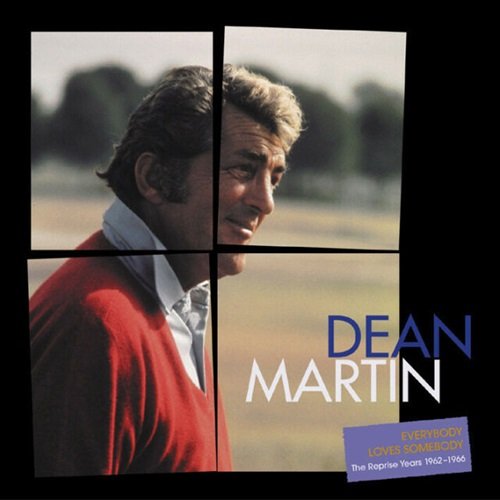
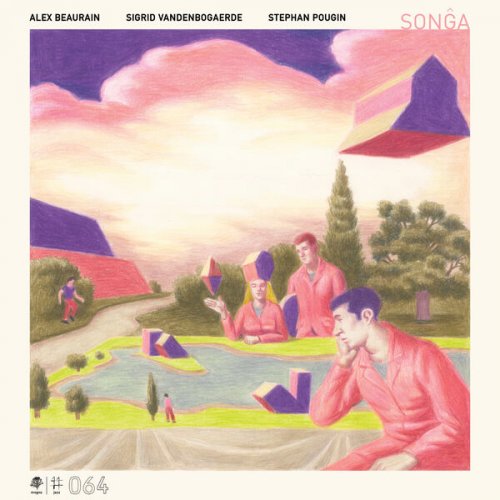
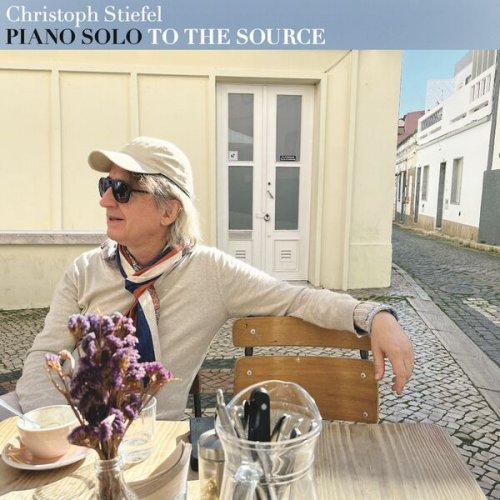
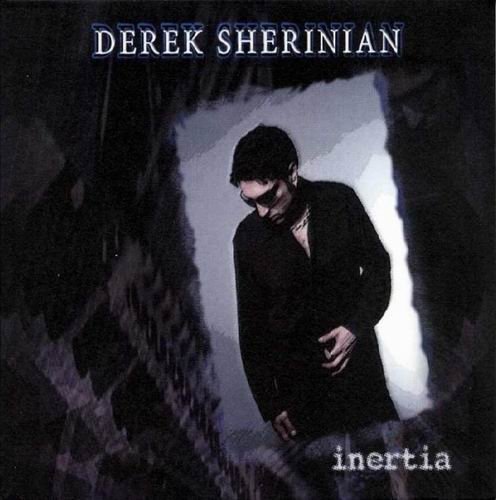
![Stefan Lovin - Heaven Shines Like Silver (2025) [Hi-Res] Stefan Lovin - Heaven Shines Like Silver (2025) [Hi-Res]](https://img.israbox.com/img/2025-12/12/iof4nx75kf3sa1i0vq1k07kqg.jpg)